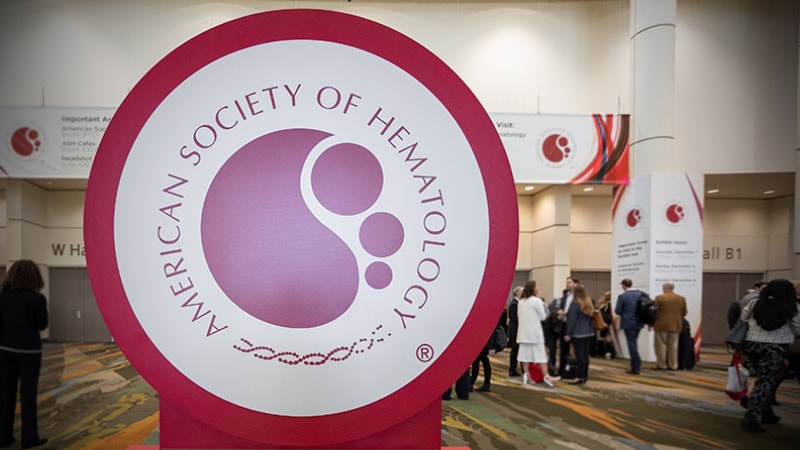Opposition to the current American Board of Internal Medicine’s (ABIM’s) Maintenance of Certification (MOC) process continues to gain momentum, with the latest condemnation coming from the American Society of Hematology (ASH).
Last week, ASH president Robert A. Brodsky, MD, sent a letter to ABIM’s President and Chief Executive Officer Richard Baron, MD, highlighting hematologists’ concerns about the MOC process and outlining immediate actions ABIM should take.
“ASH continues to support the importance of lifelong learning for hematologists via a program that is evidence-based, relevant to one’s practice, and transparent; however, these three basic requirements are not met by the current ABIM MOC program,” Brodsky stated in this September 27 letter to Baron.
Brodsky highlighted, for instance, the fact that the Longitudinal Knowledge Assessment — the alternative to the 10-year exam — “does not reflect real life practice, nor does it target each individual’s scope of practice.” Brodsky added that, according to members of ASH, the assessment is also “creating high levels of stress and contributing to burnout.”
The letter from Brodsky urged ABIM to “establish a new MOC program” that does not involve high-stakes assessments, reduces the number of Longitudinal Knowledge Assessment questions physicians receive, and eliminates redundancy between the MOC requirement to have a current license and the requirement to report continued medical education to ABIM.
The ABIM shared a copy of the letter in a September 28 blog post defending the MOC process, highlighting past collaboration with ASH that “has led to meaningful enhancements to the [MOC] program” and committing to “continue to listen to and learn from the physician community going forward.”
The recent backlash against the MOC process stemmed from a petition demanding an end to the MOC. The petition was launched in July by hematologist-oncologist Aaron Goodman, MD, from the University of California, San Diego, who has been a vocal critic of the MOC process.
The criticism largely centered around the high costs and the “complex and time-consuming process that poses significant challenges to practicing physicians,” Goodman wrote in the petition, which has garnered more than 20,700 signatures.
In August, the Society for Cardiovascular Angiography and Interventions (SCAI) published “SCAI Position on ABIM Revocation of Certification for Not Participating in MOC.” The Electrophysiology Advocacy Foundation and the Heart Rhythm Society (HRS) issued statements pushing back on the MOC as well.
On September 21, the SCAI, HRS, American College of Cardiology, and the Heart Failure Society of America went a step further and announced plans to create a new certification process that is independent of the ABIM MOC system.
The American Society of Clinical Oncology (ASCO) is now also surveying members about their MOC experience. A September 26 announcement encouraged recipients to check their inbox for a link to an anonymous MOC Experience Questionnaire before October 12 and thanked respondents for their “engagement as ASCO works to address this critical issue for the oncology community.”
After ASH sent its letter to ABIM, Goodman applauded the society’s stance in a post on his X (formerly Twitter) account. Vincent Rajkumar, MD, a hematologist at the Mayo Clinic in Rochester, Minnesota, commented on ABIM’s response to ASH’s letter via X, noting, “If I were @ASH_hematology leadership, I would take ABIM response as disrespectful. A hasty response within a day is not a sign of good faith.”
Sharon Worcester, MA, is an award-winning medical journalist based in Birmingham, Alabama, writing for Medscape, MDedge and other affiliate sites. She currently covers oncology, but she has also written on a variety of other medical specialties and healthcare topics. She can be reached at [email protected] or on Twitter: @SW_MedReporter.
For more from Medscape Oncology, join us on X and Facebook.
Source: Read Full Article
